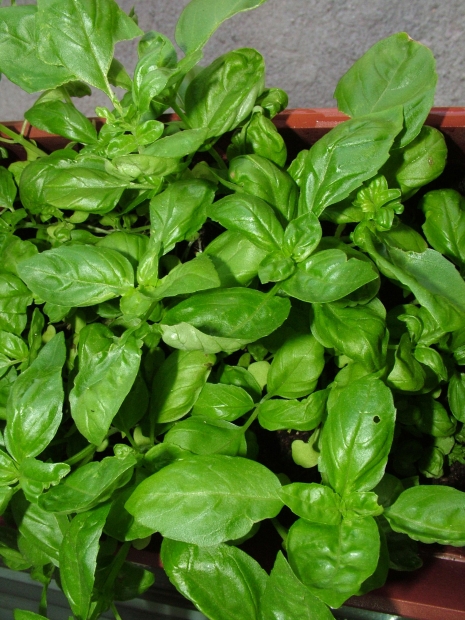 Loading... Please wait...
Loading... Please wait...Save Money. Grow Your Own!
Fast Plain Box Shipping.
We ship to the US & Canada.
Grow Your Own!
Why do they "Cure" certain crops?
Posted on 1st Dec 2015
In hydroponics, you might hear about ‘curing’ or drying plants after the harvest. But what does this mean?
Here's some of the history behind curing, and why people practice this seemingly outdated tradition.

Early Agriculture
In the old times, before refrigeration, curing and drying was a popular way to store all sorts of foods. Different types of produce would be sun-dried or otherwise preserved for use or sale months after the harvest. That's why you see old pictures of barns and other places where both meat and less perishable items were cured for storage. It’s an enduring theme of harvest and an icon that you see in old books, paintings, etc. and it was done for a reason!
Modern Herbs and Cured Plants
Today, people still cure different kinds of plants in order to use them long-term.
You might get your supermarket and get a bottle of dried spices. But whether it’s basil, oregano, mint, thyme or anything else, you can also make these in hydroponic gardens.
The key is to effectively cure and dry the herb after its harvest. Then you can put it into containers and keep it in a cool, dry, dark place to use it throughout the year.
Curing has always been an effective way of getting water out of plants so that they keep better and are less perishable.
Tobacco
For one of the best examples of curing plants, think about tobacco. To demonstrate the value of curing, you might try to smoke tobacco that hasn't been properly dried. The results are horrible. This illustrates how curing really changes the chemistry of the plant. It draws out the moisture and makes that plant ready for long-term storage -- or in the case of tobacco, for smoking.
Curing is just one part of the after-harvest process for hydroponic plants. But first you have to get it. What you need from germination to seedlings to harvests? For more on hydroponics and everything that goes with it, check out Dealzer and what we offer to growers around the world who want success in this innovative type of gardening field.
